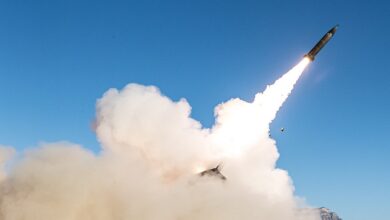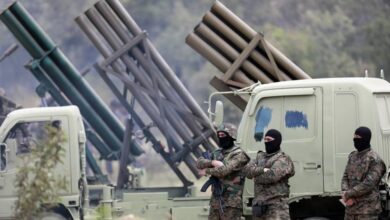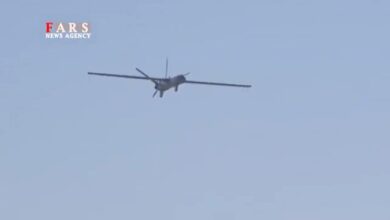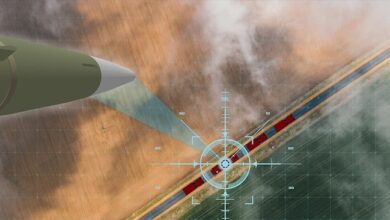Israel Buys Iron Sting Munitions From Elbit Systems
Haifa-based Elbit Systems has received a $190-million contract to provide its Iron Sting mortar munition to the Israeli Ministry of Defense.
The Iron Sting is a laser and GPS-guided shell developed for precision strikes in complex environments, minimizing collateral damage to a target area.
The warhead is typically launched from 120-millimeter mortar for a range of up to 10 kilometers (6.2 miles).
It incorporates a multi-mode fuse with Point Detonation, Delay, and Proximity Sensor configurations and has a loading time of approximately 15 seconds, the company wrote.
The Iron Sting is among the standard mortar variants used across the Israeli Defence Forces (IDF), particularly with the service’s Infantry Corps “Hanit” and “Keshet.”
In 2021, the Israeli government first conceptualized the employment of the Iron Sting for its military.
Two years later, the IDF held its first operational use of the weapon following Hamas’ October 7 surprise attacks.
“Following the combat experience our cutting-edge guided mortar munition has accumulated, this contract further cements our position as a market leader in precision-guided solutions,” Elbit Systems Land General Manager Yehuda Vered stated.
“With the rise of military conflicts in urban environments, armed forces around the world demand accurate technologies that minimize collateral damage. Elbit Systems’ Iron Sting meets this critical need.”
Latest Israeli Projects
The Israeli Ministry of Defense signed a multi-year agreement in May to integrate new electrical systems aboard the IDF’s armored combat vehicles.
In February, defense contractors Raytheon and Rafael announced the construction of a Tamir missile factory in Arkansas to support Israel’s Iron Dome defense system as well as its American variant, SkyHunter.
A month earlier, state-owned Israel Aerospace Industries greenlighted the production of cybersecurity devices for the company’s loitering munitions.
Israel revealed a separate cyber project in 2023 to develop a digital version of the country’s Iron Dome weapon.












